Whether you are embarking on your entrepreneurial journey or are already a seasoned company owner, becoming ISO certified should certainly be foremost on your agenda. This blog post covers all you need to know about ISO certification, and how your organization can reap the benefits of ISO 9001 certification. So let’s dive right in.
What is ISO Certification?
In a nutshell, ISO standards are a set of globally recognized quality management criteria designed by ISO to be followed by various types of organizations worldwide. Essentially, achieving ISO certification is proof that your organization is following the global quality standard in business system optimization standards. Different ISO standards provide different advantages to organizations’ strategies. However, one of the most valuable ISO standards is the ISO 9001 certification. Organizations generally make it a must to get certified, as the benefits of ISO 9001 certification are priceless.
Achieving the Full Benefits of ISO 9001 Certification
Achieving ISO certification can be highly profitable. From facilitating international trade to establishing your company as a leader within its industry, being ISO-accredited ensures your company is a force to be reckoned with. So let’s take a closer look at some of the top benefits of ISO 9001 certification;
- Smoother Running Business Processes: Using less paperwork and a more disciplined system, ISO standards inject businesses with more streamlined processes.
- Demonstrates Overall Efficiency: Through more structured processes and goals, your company will run more efficiently, both in terms of time management and by producing consistent, high-quality results that meet safety standards.
- Improved Brand Reputation: When your business is certified to an international standard, your company will find it easier to win clients, suppliers, and employees.
- Business Growth: Growth is interlinked with being efficient and streamlined, both of which may be achieved through ISO accreditation methods. Furthermore, this will bring in clients who require ISO certification from their suppliers and, as these tend to be large, well-established companies, this will, in turn, generate a large increase in sales.
- Increased Customer Satisfaction: Gaining and maintaining ISO certification shows that your company values the importance of tracking customer satisfaction and is willing to address any issues raised. From a practical standpoint, ISO implementation will give your company the tools to deal with the unexpected and ensures that all issues are dealt with in a timely and efficient manner.
- Fact-based Decision Making: By measuring internal policies and procedures, businesses can identify areas for improvement and the most viable route of optimization.
- Heightened Staff Motivation: Employees play a vital role in maintaining a company’s structures and practices, and it is beneficial for your business to include them in the optimization process. This allows them to gain a sense of understanding and provides awareness of the structures they follow, as well as a sense of being involved in the process of improving business procedures.
- Remain Within Legal Regulations: ISO standards cover a broad range of industries and are often part of legal regulations. Being ISO certified ensures that your organization conforms to legal regulations, thus avoiding the unnecessary bad press and legal fines.
- Lower Insurance Premiums: In achieving and maintaining your ISO certification, insurers will recognize that your business uses the right processes and controls to reduce avoidable risks. This will make your company a viable candidate for lower insurance premiums.
- Preventative hazards and Risk Evaluation: When using ISO processes, such as internal audits, your company will be able to detect the possibilities of risks and dangers and manage them before they occur.
- Customer Peace-of-Mind: ISO certification is driven by quality standards that have been developed and tested. This provides the public with the peace of mind that ISO-certified products are safe to use and consume.
When ISO certification is achieved, your business will need to actively maintain the ISO management systems that have been put in place in order to maintain its accreditation. In fact, keeping your certification is dependent on passing your annual audit and will need to be renewed every three years. This might sound like a lot of time, cost and daunting training, yet the benefits of ISO 9001 certification far outweigh these initial efforts. Such benefits of ISO 9001 certification also come when implementing other types of ISO standards, with the difference that other standards may be more specific in their final objectives.








